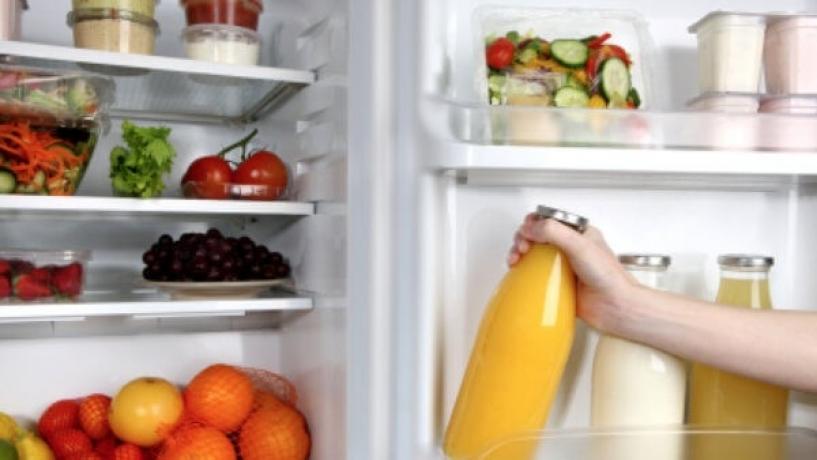
Did you know food poisoning costs the Australian economy $1.25 billion per annum? That’s a staggering 6.5 million days lost in employee productivity each year.
Surprisingly, many are unaware that their office kitchens can be a key cause of illness and a health hazard if not managed properly.
Research revealed by the Daily Mail found that most work kitchens are dangerously dirty with benches, microwaves, kettles and the shared fridge covered in bacteria.
This comes down to the fact that a lot of office kitchens, appliances and communal refrigerators are ‘ownerless’, resulting in poor food storing conditions and inconsistent cleaning – a perfect combination for cross-contamination to occur.
Ways to Improve Food Safety
According to a spokesperson at the Food Safety Information Council they recommended businesses to “nominate someone in the workplace to be the food safety project manager, perhaps the occupational health and safety officer, to make sure that everyone knows about the importance of food safety.”
So don’t let your workplace kitchen make you or your co-workers sick. Here are some tips to maintain a safe kitchen and how to correctly store your food while at work:
- Nominate a food safety project manager – they can set-up a cleaning roster and guidelines on proper kitchen etiquette to ensure the benches, appliances and fridges are properly managed
- Keep a clean fridge – set all fridges below 5°C, keep them uncrowded and have staff label and date their food stored
- Reheat food correctly – when taking leftovers to work, immediately place them in the refrigerator and reheat until they’re steaming hot all the way through. Eat leftovers within two to three days, and if you're unsure discard
- Throw out tired looking food - seen that same piece of fruit, yogurt or juice bottle in the fridge for weeks? Check its expiration date or if it looks questionable best to throw it out
- Separate cooked foods – ensure leftovers are well separated from other items such as meats, poultry and fish
- Regularly replace cleaning items – change tea towels, sponges and brushes often and let them dry overnight
- Circulate food safety rules – place on a nearby wall the kitchen rules and regularly remind employees about how and why it’s important to keep a clean kitchen.
Want More Tips?
For more information, you can visit our Resources or Food Safety Courses page. They’re packed with handy tips, videos and how to guides to help keep your workplace food safety healthy.




